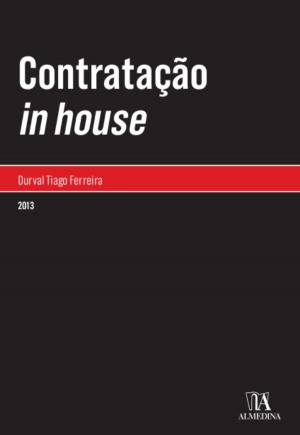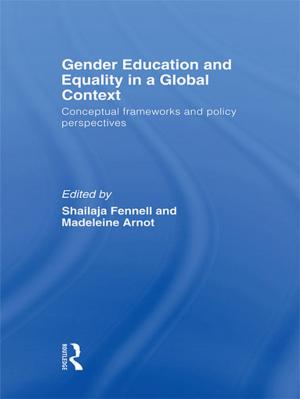Shemitah: The True Prophecy Revealed
Nonfiction, Religion & Spirituality, Bible & Bible Studies, Prophecies, Reference| Author: | Alexander Mayward | ISBN: | 1230000660488 |
| Publisher: | Clear Leaf | Publication: | September 12, 2015 |
| Imprint: | Language: | English |
| Author: | Alexander Mayward |
| ISBN: | 1230000660488 |
| Publisher: | Clear Leaf |
| Publication: | September 12, 2015 |
| Imprint: | |
| Language: | English |
The Shemittah traditionally refers to the seventh year of the seven-year cycle in the Hebrew and Jewish cultures. The practice is also referred to as Shmita, Shemittah and the Sabbatical Year. The tradition dates back to the biblical era where the people of Israel were instructed to abstain from working in the field, but rather, should allow the land to remain uncultivated. This period is also marked by a period of relinquishing for all debts owed and time spend strengthening one’s faith.
The controversy surrounding the concept and practice has lasted for almost as long as the practice itself. Much of the controversy stemmed from the belief that something significant occurs around the last period of every Shemittah year. The belief by those who observe the religious period is that God uses this specially marked year to make a point to non-believers and nations that choose to move further away from His words and practices. The critics on the other hand argue that the concept is archaic and is used as a means to justify not working for a year and having loans settled in the name of tradition.
The Shemittah traditionally refers to the seventh year of the seven-year cycle in the Hebrew and Jewish cultures. The practice is also referred to as Shmita, Shemittah and the Sabbatical Year. The tradition dates back to the biblical era where the people of Israel were instructed to abstain from working in the field, but rather, should allow the land to remain uncultivated. This period is also marked by a period of relinquishing for all debts owed and time spend strengthening one’s faith.
The controversy surrounding the concept and practice has lasted for almost as long as the practice itself. Much of the controversy stemmed from the belief that something significant occurs around the last period of every Shemittah year. The belief by those who observe the religious period is that God uses this specially marked year to make a point to non-believers and nations that choose to move further away from His words and practices. The critics on the other hand argue that the concept is archaic and is used as a means to justify not working for a year and having loans settled in the name of tradition.















